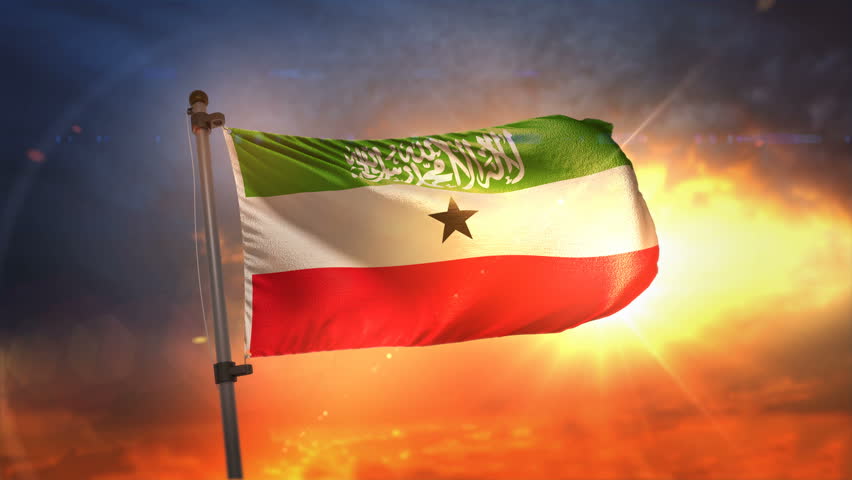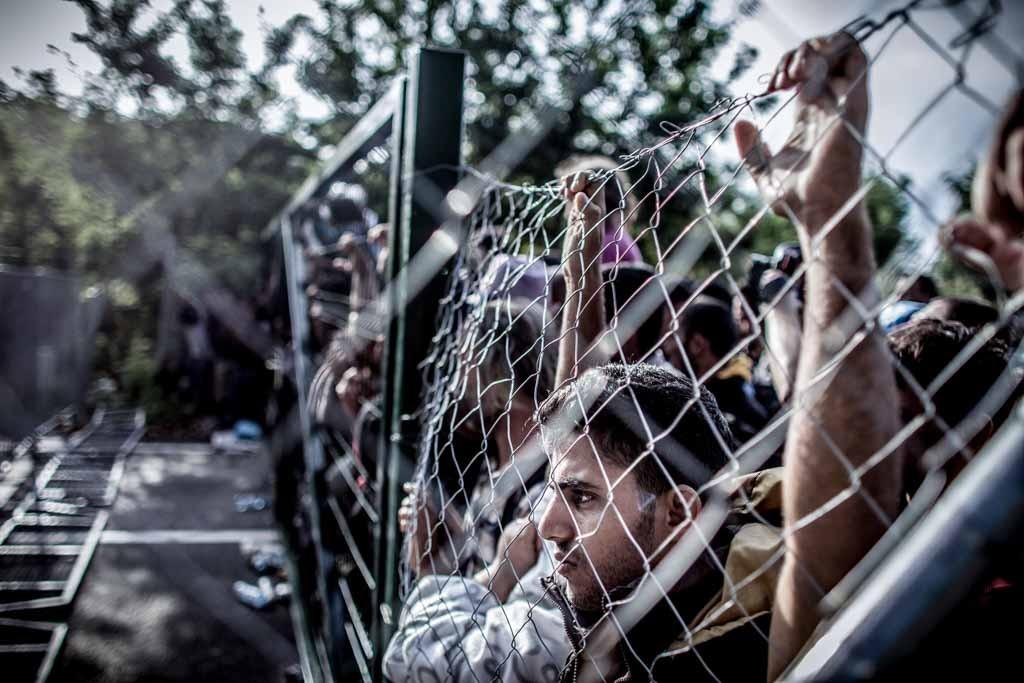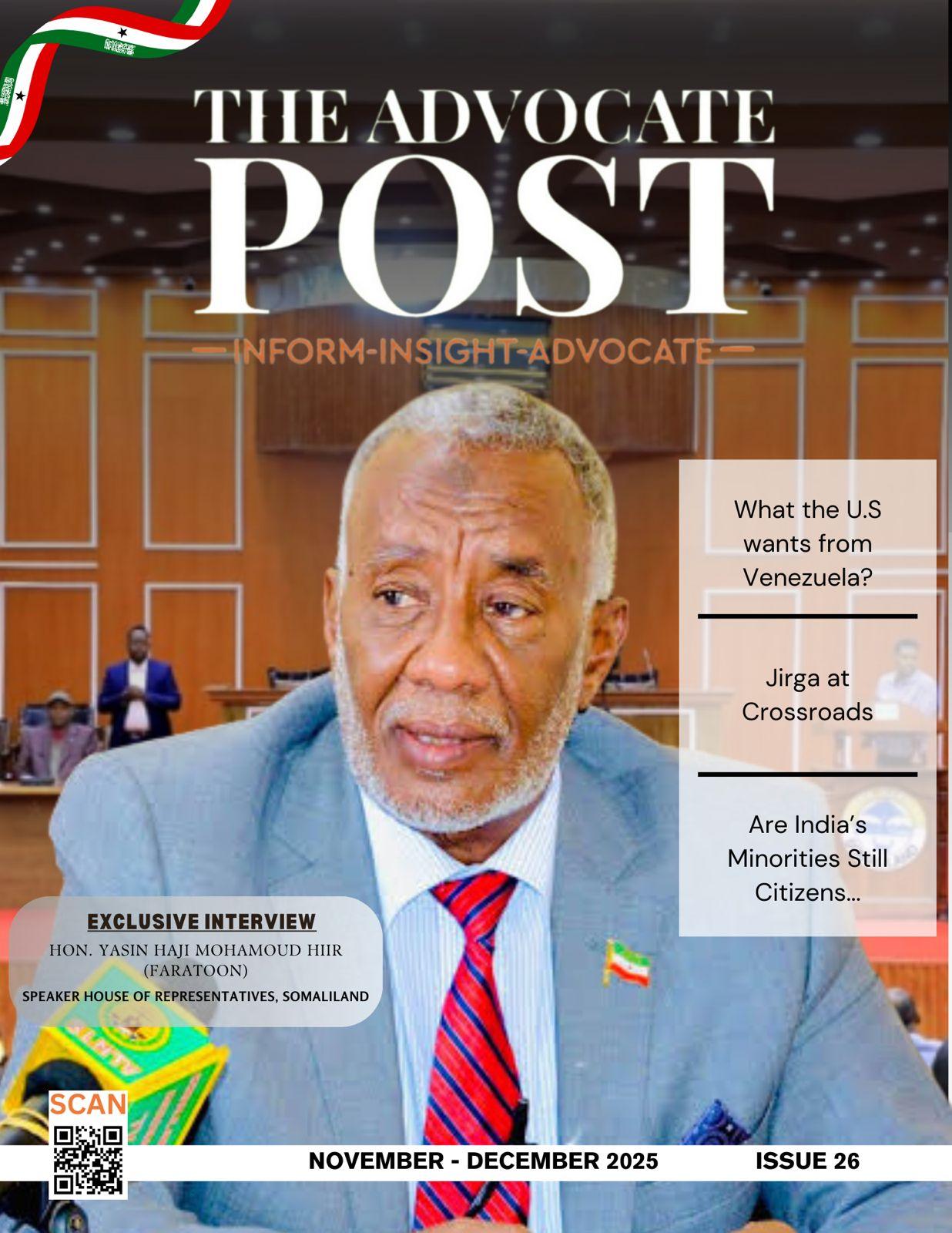By Sebastian Tran (Asian-American)
On September 13th, 2023, pro-independence groups in Taiwan such as WUFI(World United Formosans for Independence) stated their mission to establish a constitution independent of the People’s Republic of China, as many of China’s laws conflict with how Taiwan’s government has developed. Within the same week, several Chinese aircraft carriers and naval ships were spotted around the coast of Taiwan, allegedly on watch for U.S. and Canadian ships headed through the Taiwan Strait.
Then, one week later, 28 warplanes were spotted in the skies of Taipei, with the mainland government claiming they were performing training exercises. This is not an isolated incident, nor is it a coincidence. Sightings of warplanes have grown more and more frequent throughout the 2010s, and the fleets grow larger each time. The acts of intimidation don’t end at planes – following United States house representative Nancy Pelosi visiting Taipei in 2022, China coordinated tests for ballistic missiles in the waters surrounding Taiwan, along with naval vessels circling the island.
The military being deployed is reactionary. The intention is clear. This is the PRC continuing to hold Taiwan in a siege, claiming innocence all the while. At a cursory glance, it appears that China is holding off on a hostile takeover for no reason – they vastly outpower Taiwan’s own military and have ample resources to support an invasion. However, their reluctance to advance runs far deeper than simply being attached to a former territory.
Though Taiwan was originally occupied by Chinese settlers, the real start of hostile relations between it and mainland China began following World War II. While movements for independence did exist beforehand, especially during the Qing Dynasty, they were quickly suppressed by the government each time, whether it be the Chinese government, or during World War II, the Japanese government. The sentiment grew stronger and much more viable during the decades after Japan surrendered andrelinquished the territory to China.
The main contributing factor to the friction between territories was the Chinese Civil War. The war involved the conservative Kuomintang and the Chinese Communist Party fighting on and off for over 20 years, until the Kuomintang were eventually driven out and forced to take refuge in Taiwan in 1947. Two years after their defeat, the Kuomintang established martial law on the island that would last for nearly 40 years, creating the first major factor of the conflict. The Cold War was starting up when the Chinese Civil War ended, and sentiments towards communism split the political world in half. The Kuomintang withdrew at just the wrong time – western nations, especially the United States, were harshly antagonizing communism as an ideology, causing the CCP to become increasingly defensive of their ideals.
Subsequently, it caused them to resent Taiwan for branching off from the mainland’s government, no matter what ideology they used. When martial law was repealed after years of violent suppression, and when the Democratic Progressive Party rose to prominence, relations with Taiwan became hostile rather than dismissive. The situation has since gotten more confusing because of a vague agreement known as the 1992 Consensus, which China and Taiwan constantly argue about how to interpret. The agreement was drafted due to the fact that the territories had been at a stalemate for decades, in hopes of easing relations
between the two. In reality, the ambiguous terms of the agreement led the Chinese government to believe that Taiwan would be integrated into China, known as the “one China policy”, while Taiwanese nationals believed it was a non-interference.
Unfortunately, this struggle stretches beyond two regions with conflicting ideologies. The stigma towards communism left over from the Cold War lures nations on either side into participating, such as North Korea in favor of it and the United States against it.
The hostility, ironically, rekindles those flames, compounded with political leaders in the Western world already having poor relations with the PRC, former president Donald Trump’s antagonistic statements being a standout example.
Along with the potential of a larger war breaking out from a hostile takeover of Taiwan, China has other reasons to hesitate.
One reason is due to the Chinese economy tanking following the country’s policies on the COVID-19 pandemic, making an investment in seizing Taiwan more costly than it would have been a decade ago. All the while, Taiwanese nationalists continue to campaign for small steps towards independence. They fight with words, and are met with weapons grazing their land, just barely avoiding contact. The battle has remained this way since the early 2010s, and is unlikely to escalate any time soon – the PRC has less incentive to advance and “reclaim their land”, but also has zero interest in accommodating the rights of the democratic Taiwanese government. For the time being, the skies of Taipei will frequently be visited by a looming reminder of not the dangers of rebellion, but the frustration that comes with it and the ample time spent on it.
Sebastian Tran is a graduate of Emerson College in Boston, Massachusetts, with a love for writing of all kinds. He believes that writing as an art form is used to communicate complex thoughts and teach important lessons, and advocate journalism is no different. As a storyteller and someone looking to learn and teach about world cultures, he aims to shed light on issues that need more exposure.





